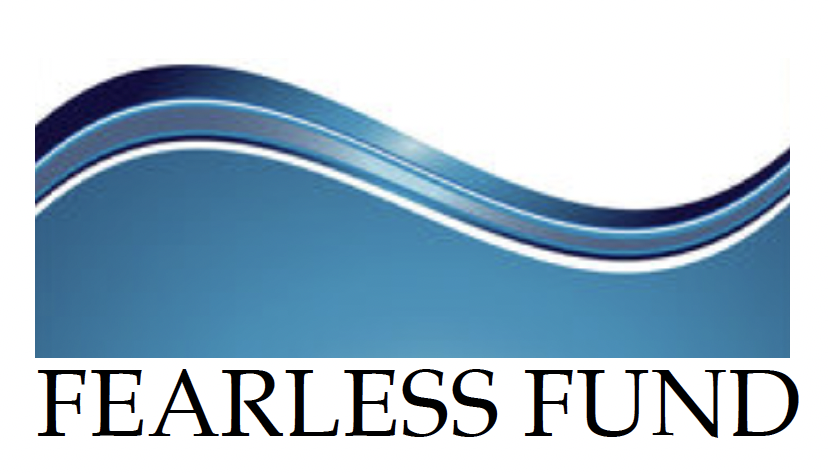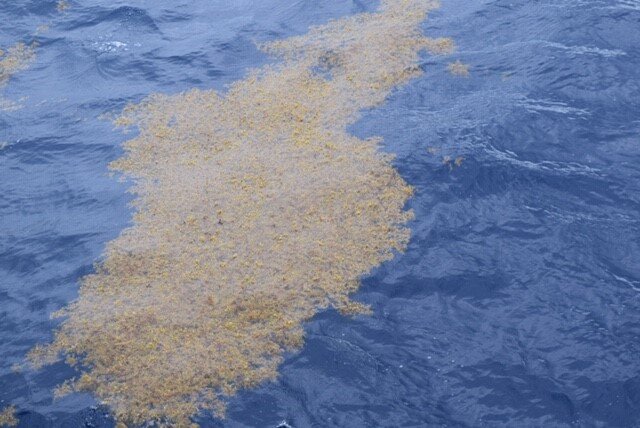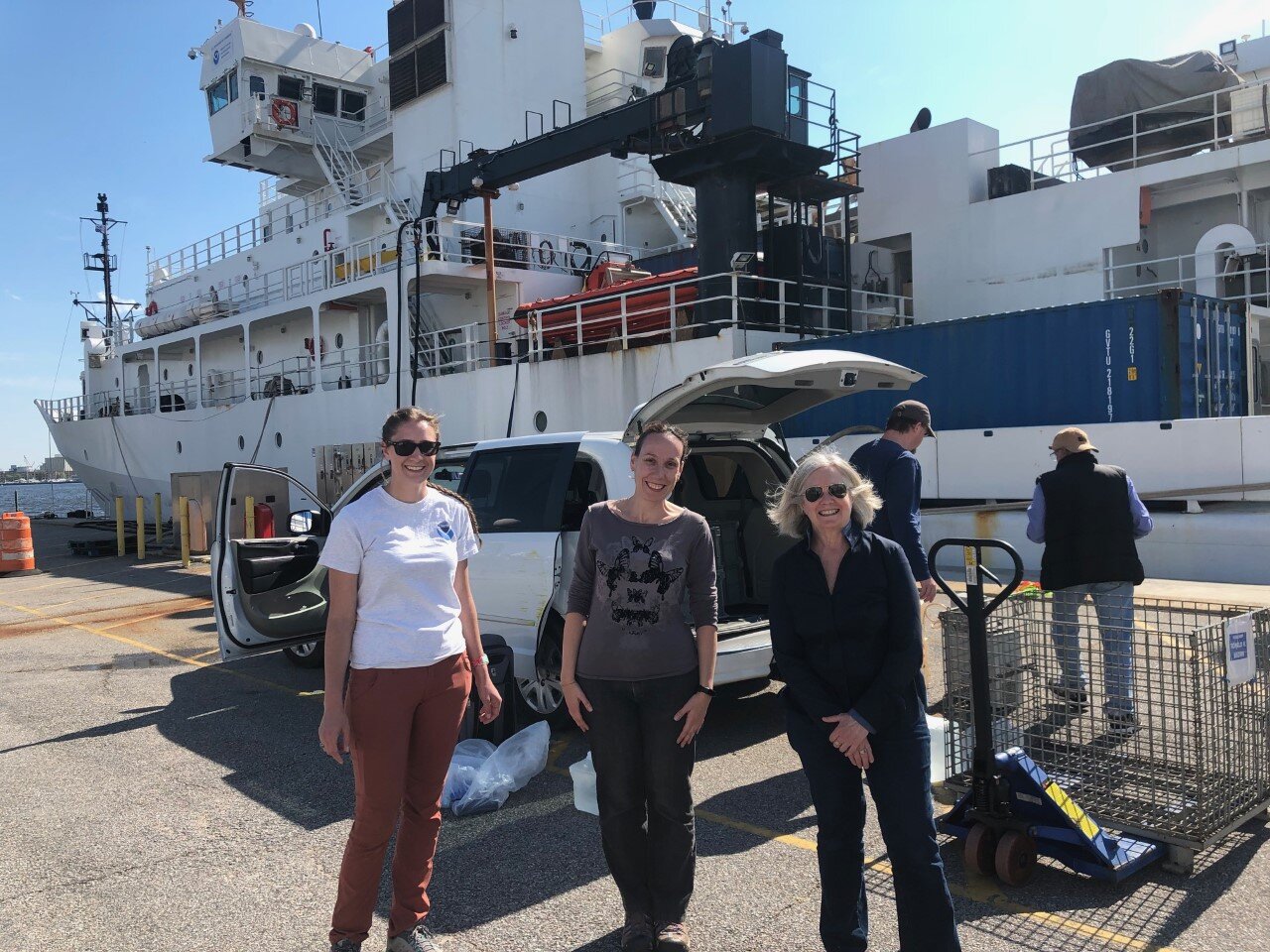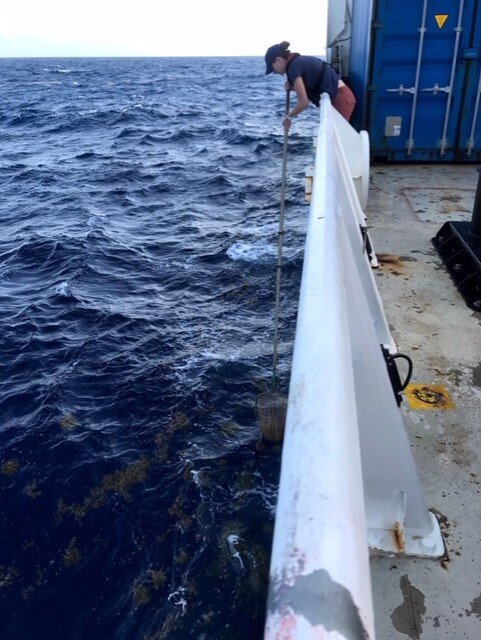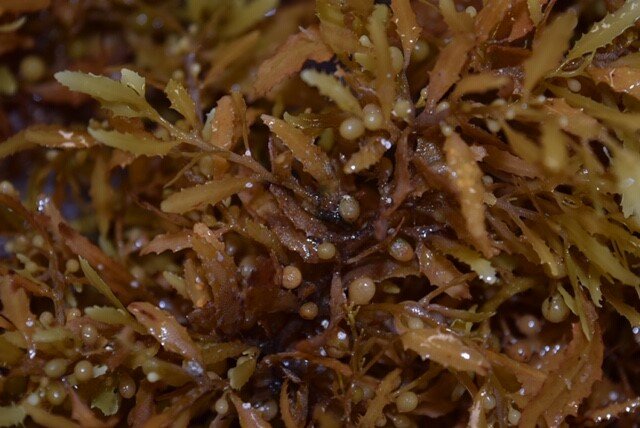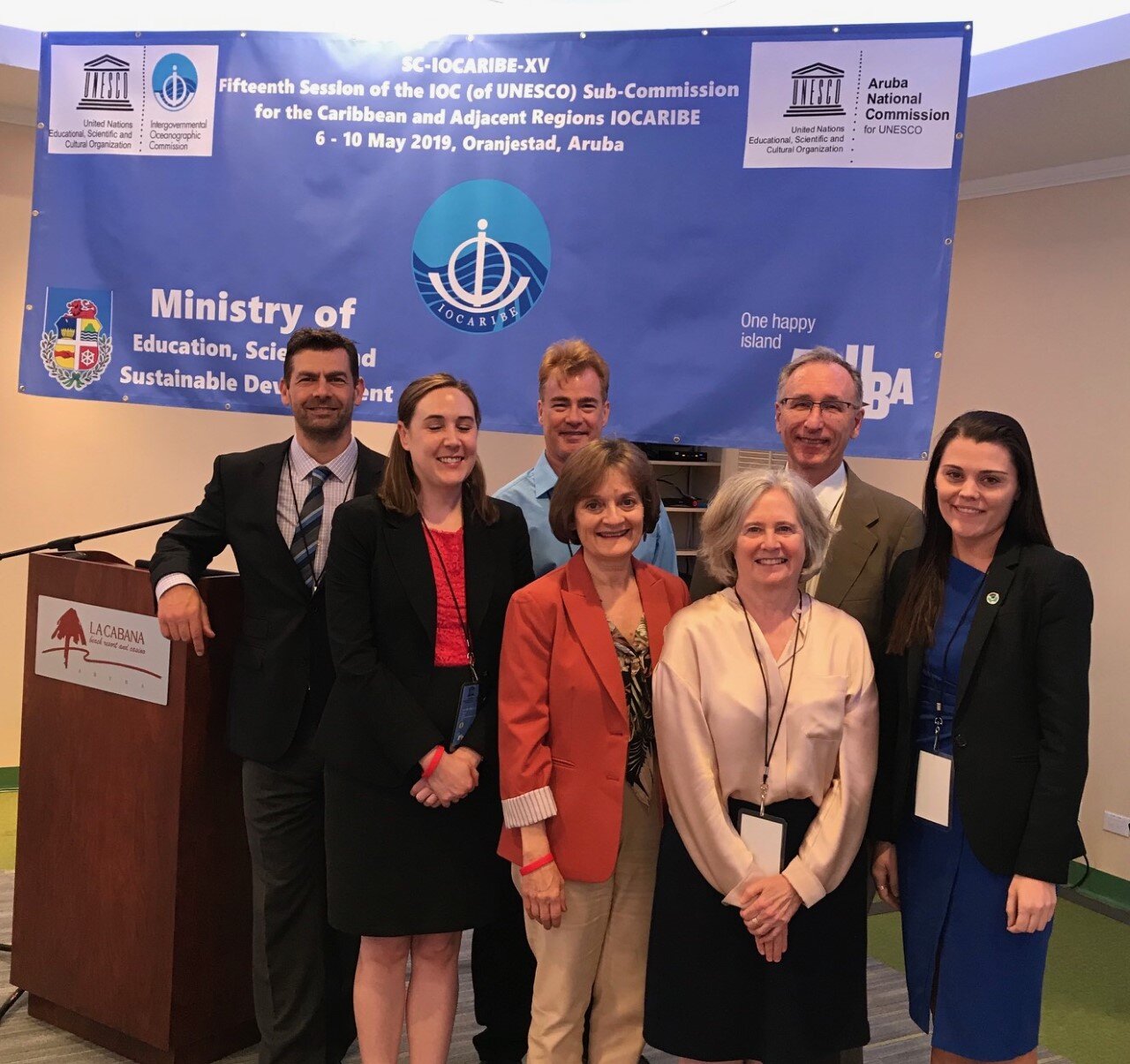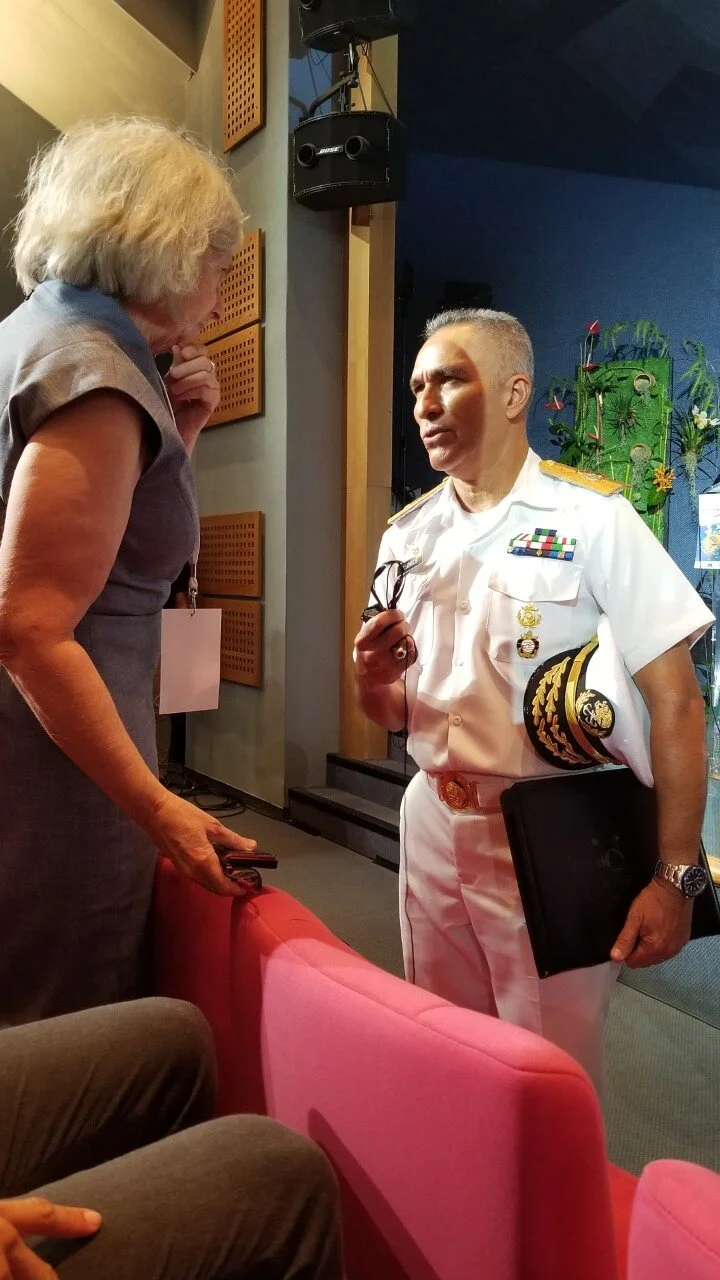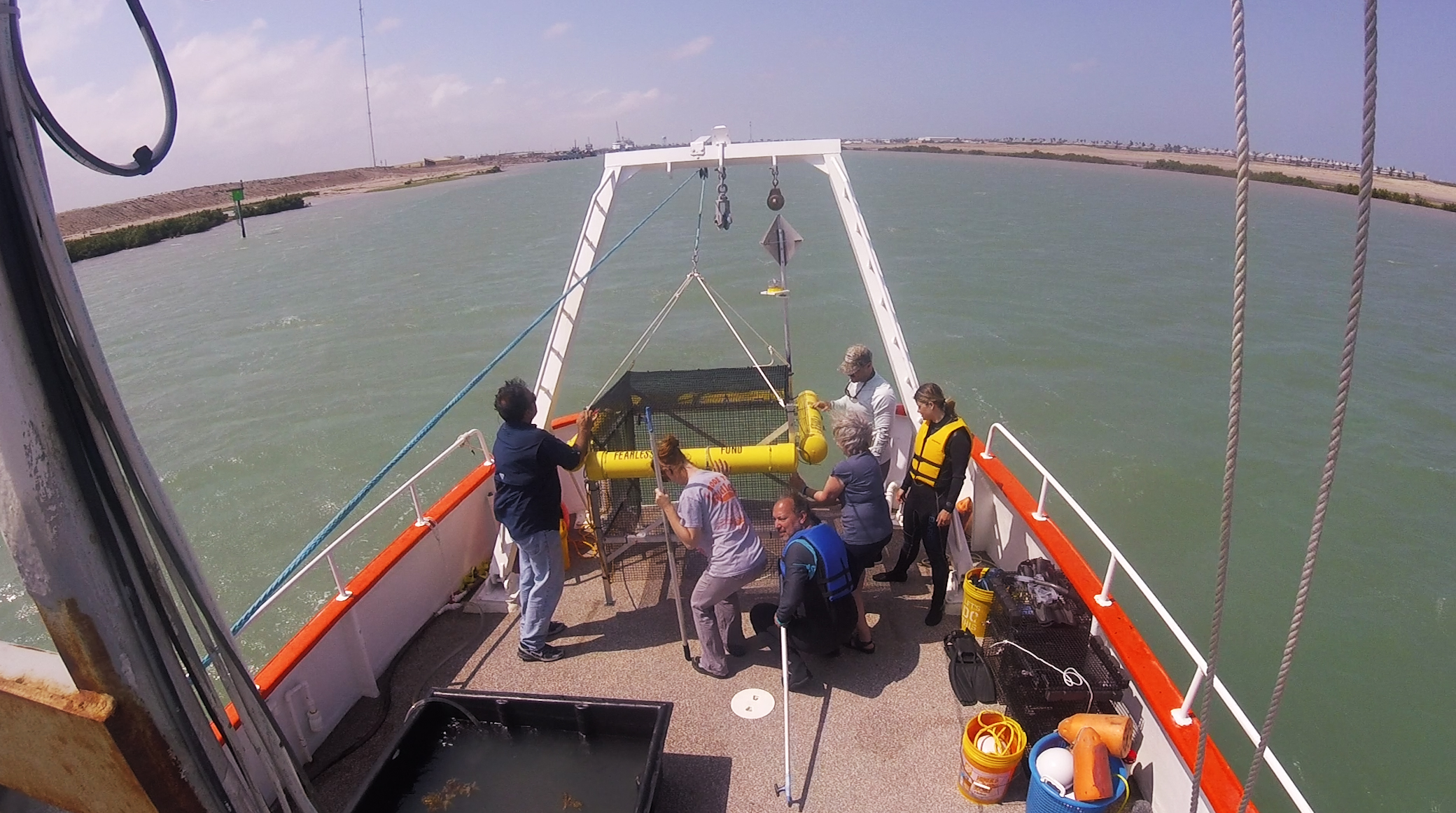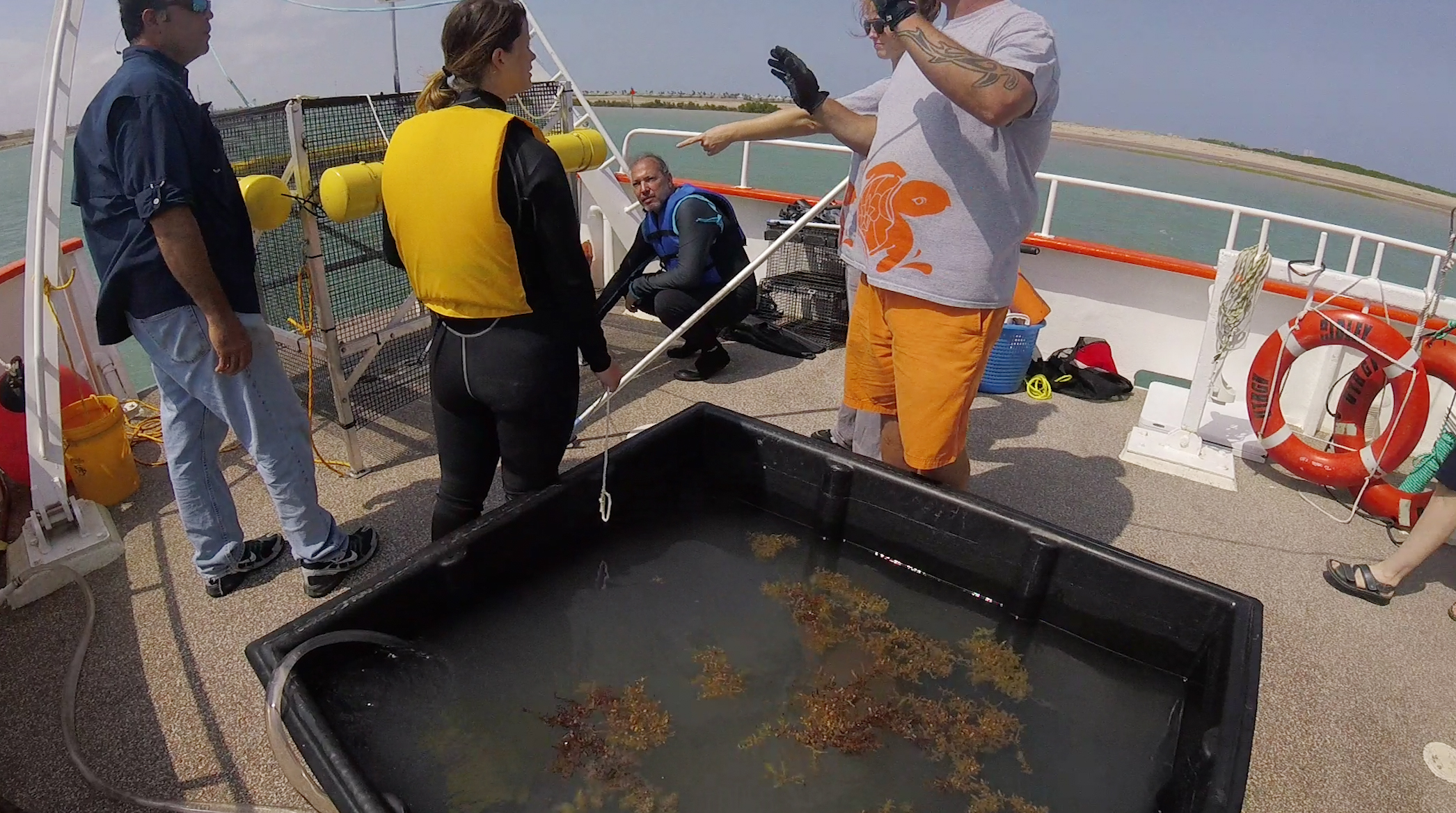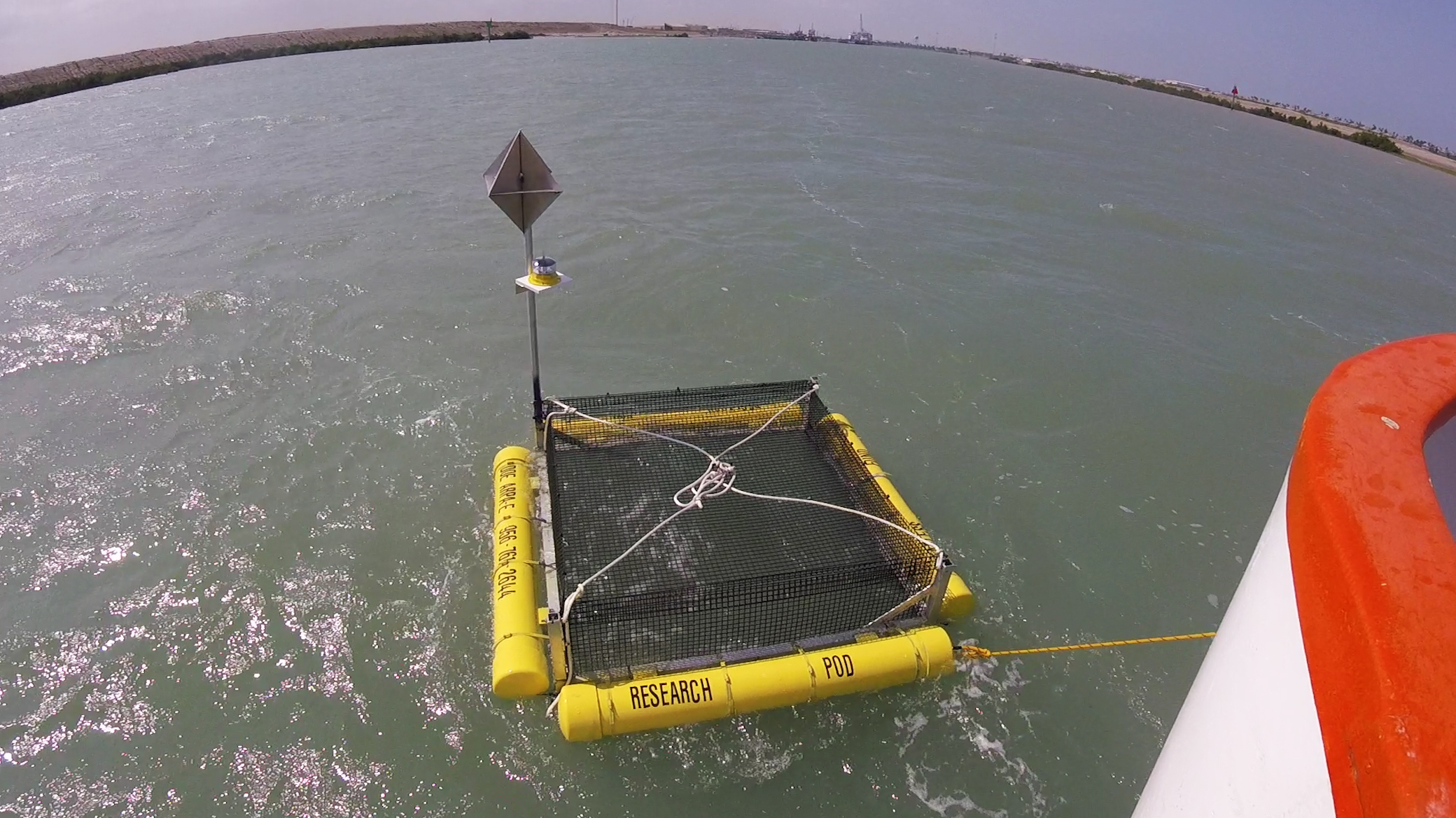Fearless Fund (fearlessfund.org) has been invited to speak at COP26 on our oceans’ capacity to sequester carbon!
Fearless Team Begins Ocean Decade in Tropical Atlantic -- in Masks
The Fearless Team begins 2021 and a 40-day research cruise in the Tropical Atlantic and the US Exclusive Economic Zone (EEZ).
The Fearless team begins January 2021 and DOE ARPA-E Phase 2 research under Covid quarantine and testing to ensure safety of the team. As the team boarded the research vessel in masks, the team loaded supplies to conduct experiments and live for the next 40 days in open water as far as West Africa. The vessel would not go to land because of Covid restrictions. The research vessel’s mission is to continue longterm data sets on ocean chemistry and currents through the Argo array and fixed PIRATA buoys.
DOE ARPA-E Awards Phase 2 to Fearless Fund September 2020
DOE ARPA-E MARINER awards Phase 2 funding to the Fearless team. Phase 2 integrates engineering tasks and examines techno-economic aspects of open ocean farming of macroalgae at energy scale. Joining the team are Los Alamos National Lab (LANL) and Pacific Northwest National Lab (PNNL). DOE expands funding to $1,840,836.
Read moreScience in times of a pandemic. Our scheduled research cruise to the Great Atlantic Sargassum Belt required quick thinking as the ship was called back to home port. We hired a MA student to collect Sargassum samples—2 months ahead of schedule.
Valentine’s Day in 2020 was a special occasion as Fearless Fund invited friends and donors to the Tabard Inn to celebrate the first Valentine’s Day for the Planet. The exciting program with speed talks, a band of NOAA scientists, a delicious reception and sit-down dinner drew many to this event. The event was sold out, several ecosystems also decided to join the party and Mother Earth called to check in. We can't wait to celebrate Valentine’s Day for the Planet again next year. Will you join us?
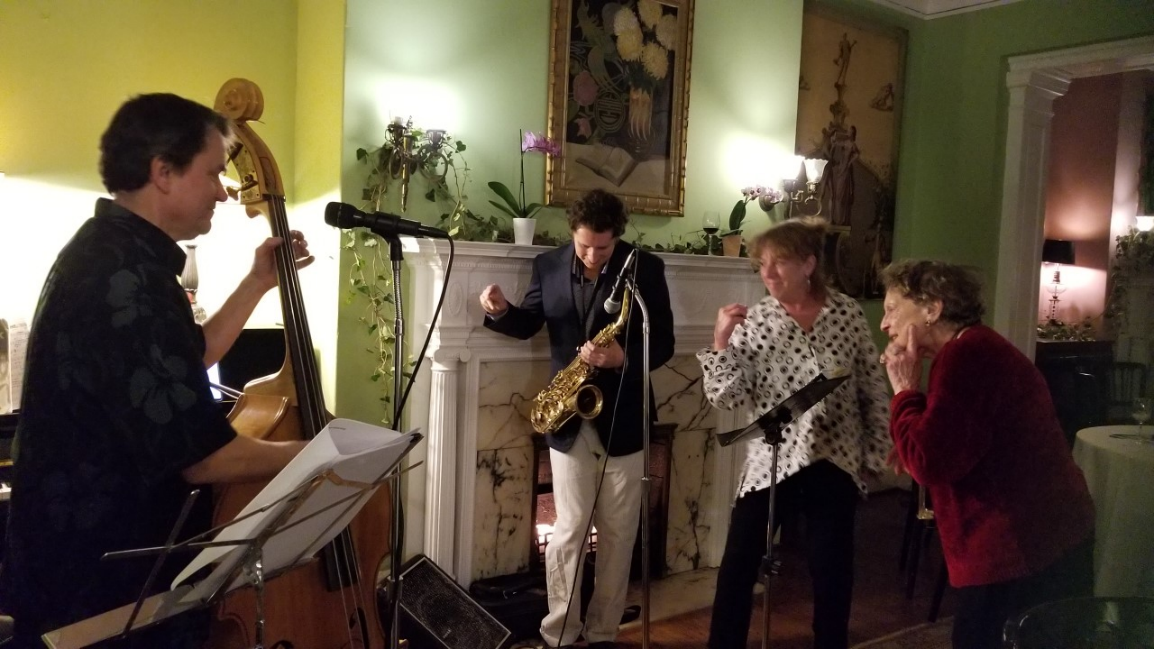
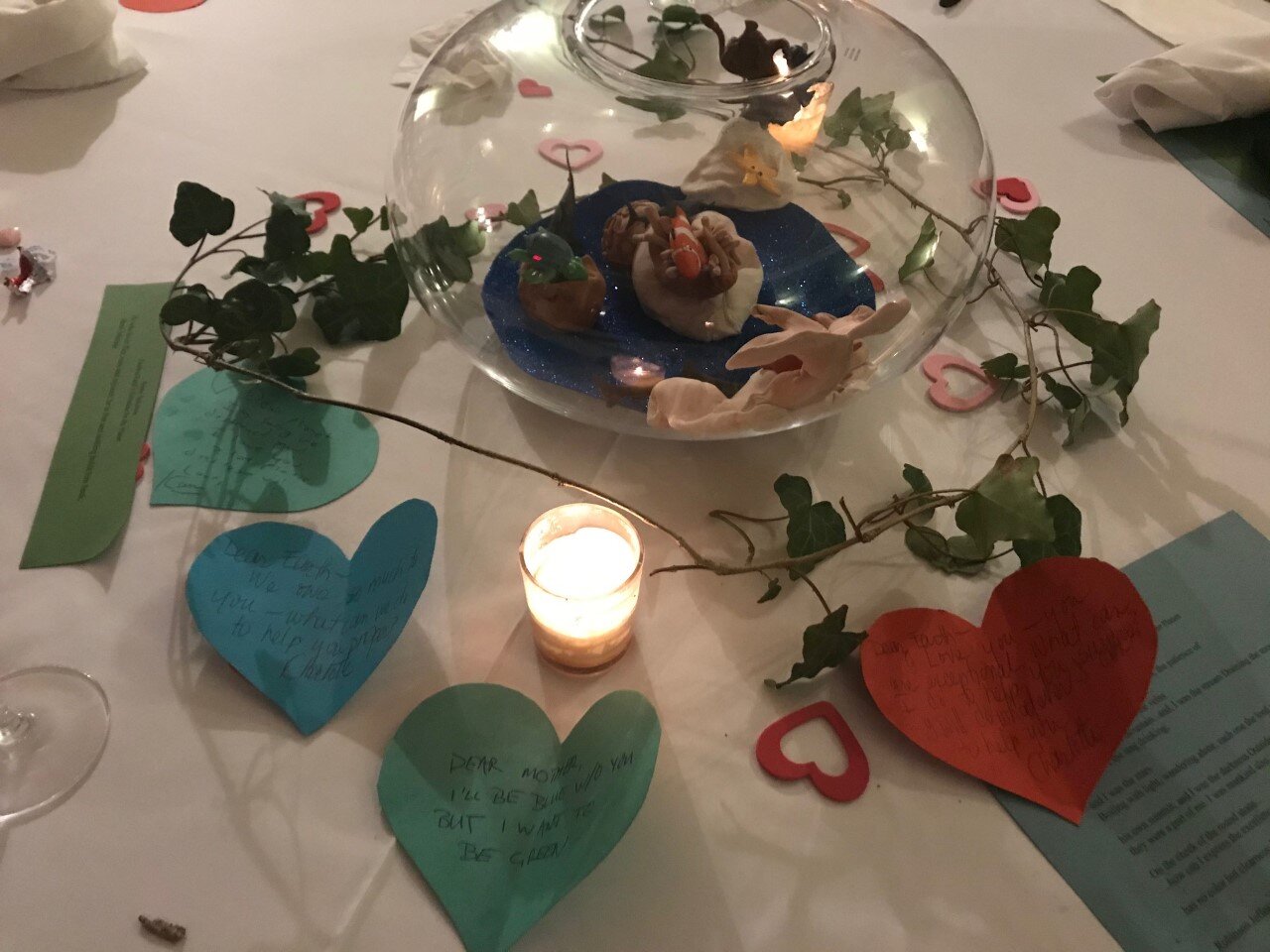
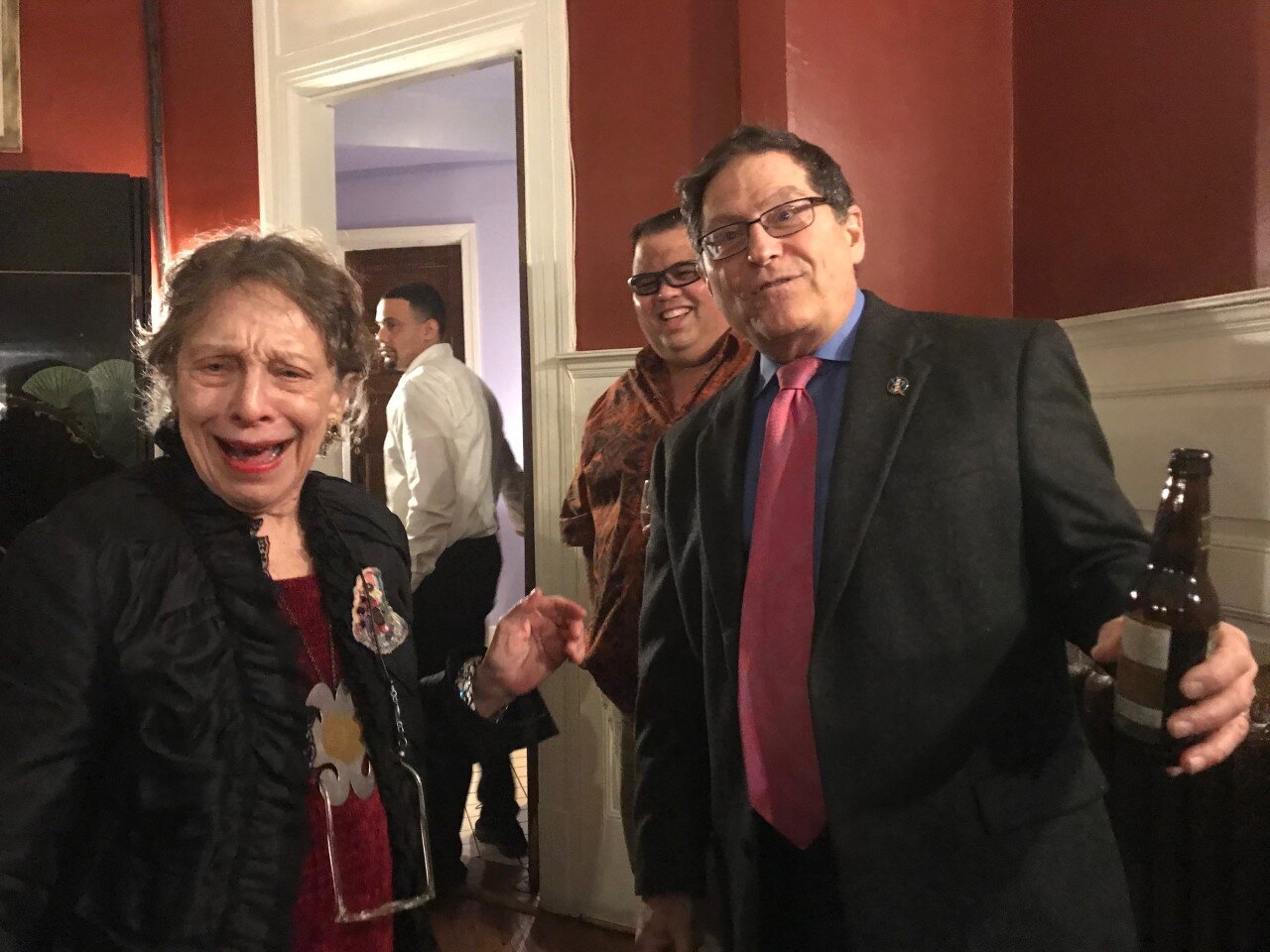
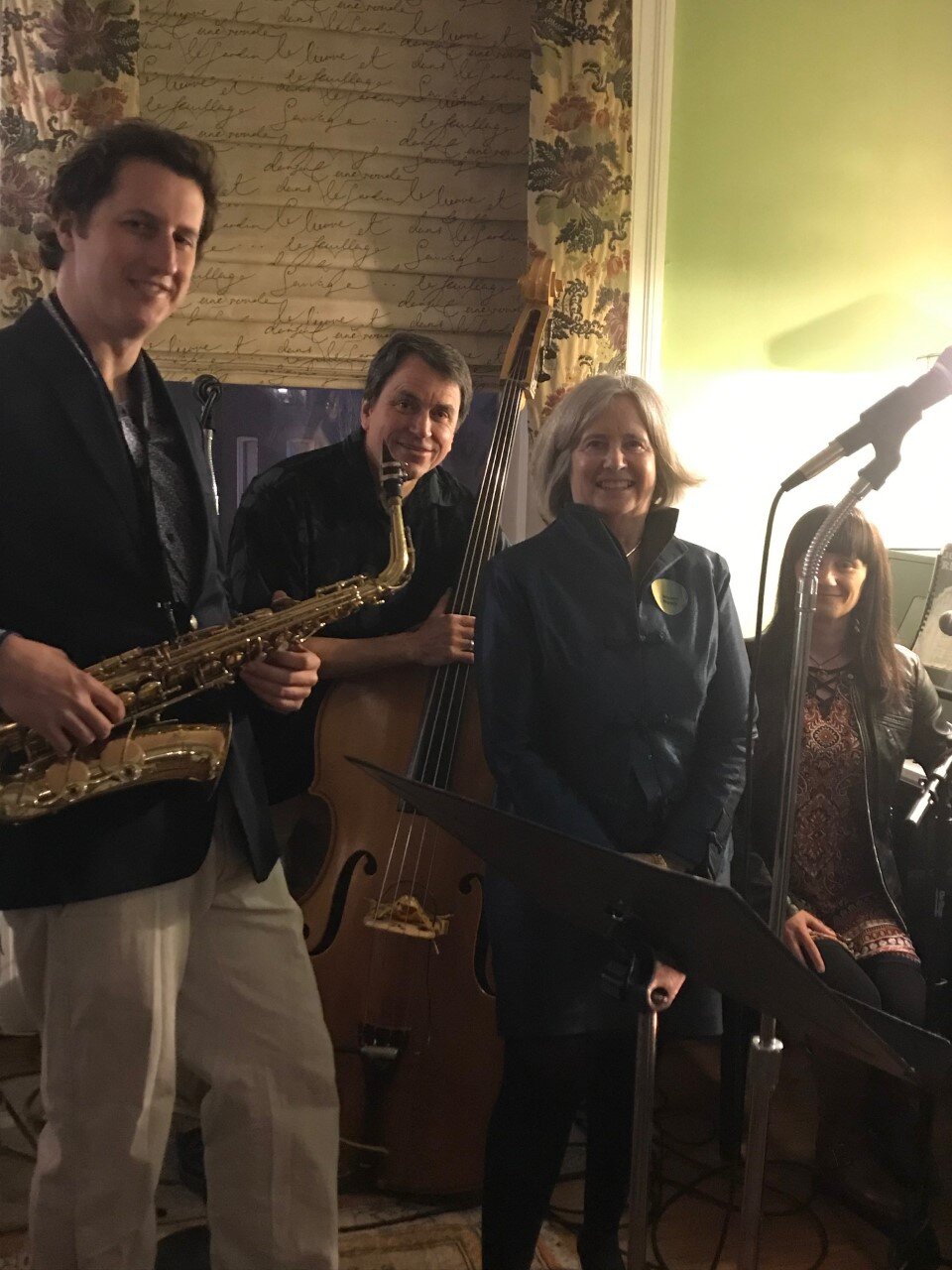
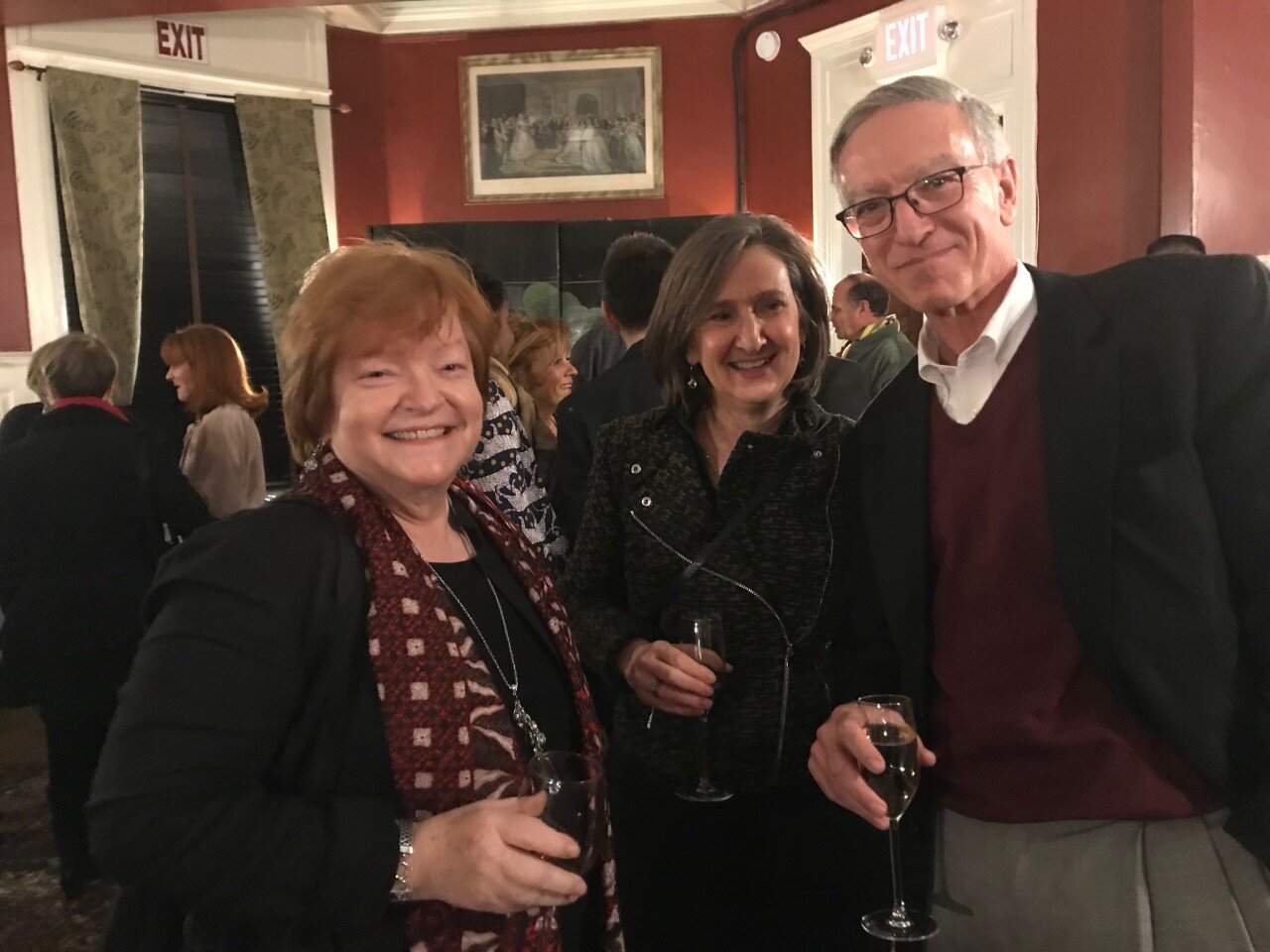
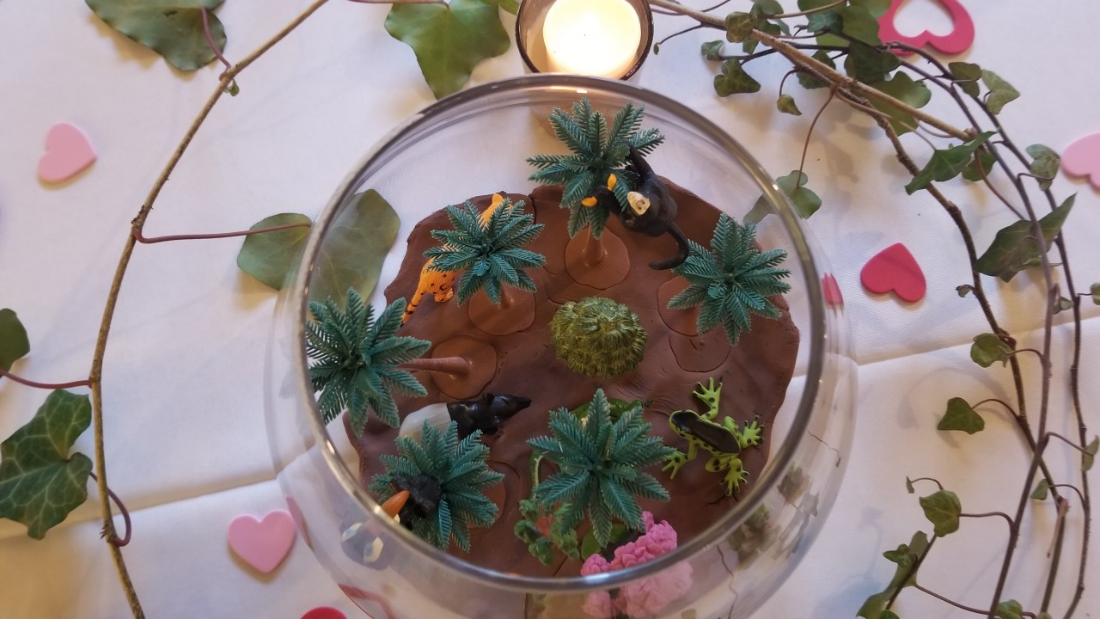
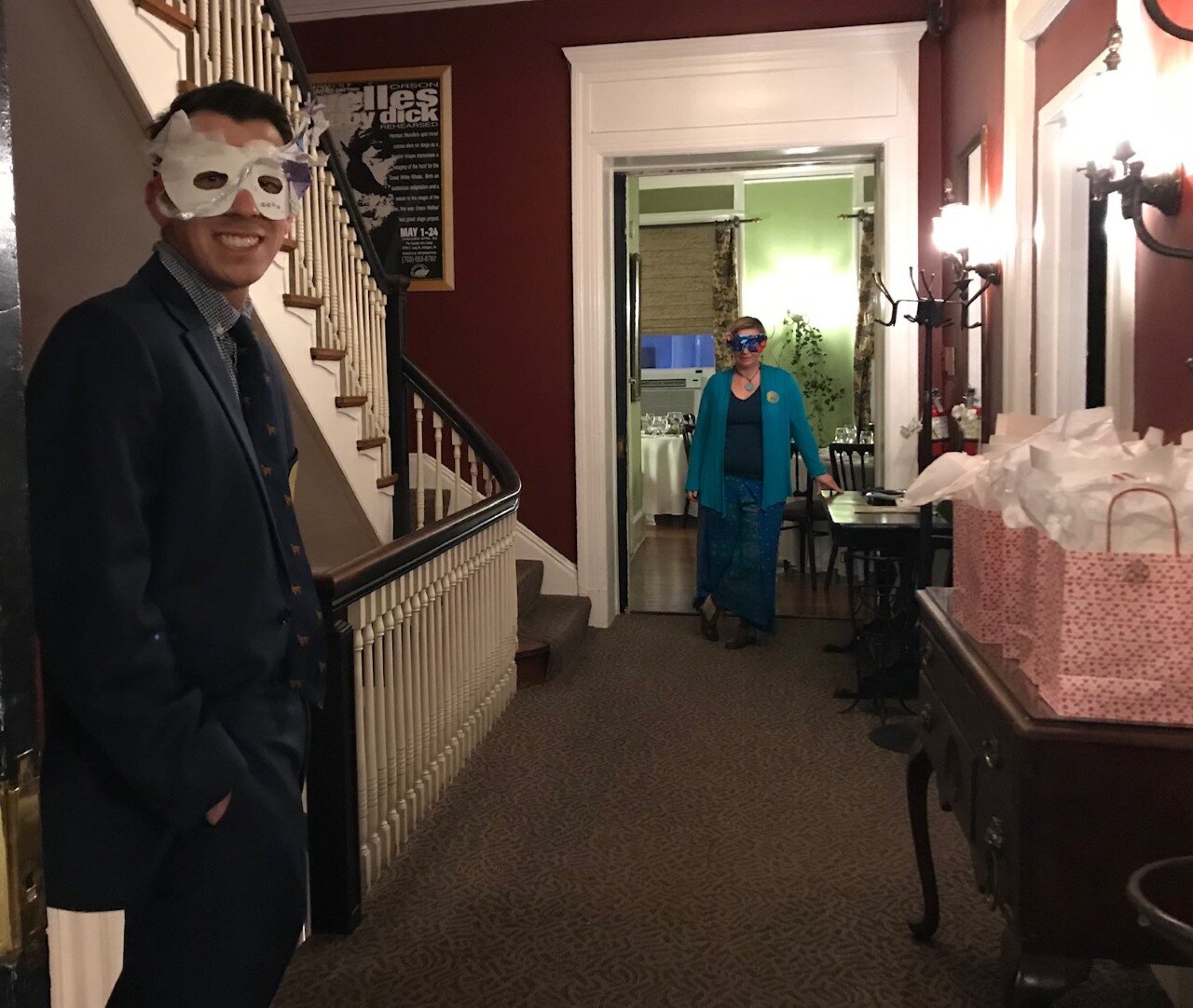
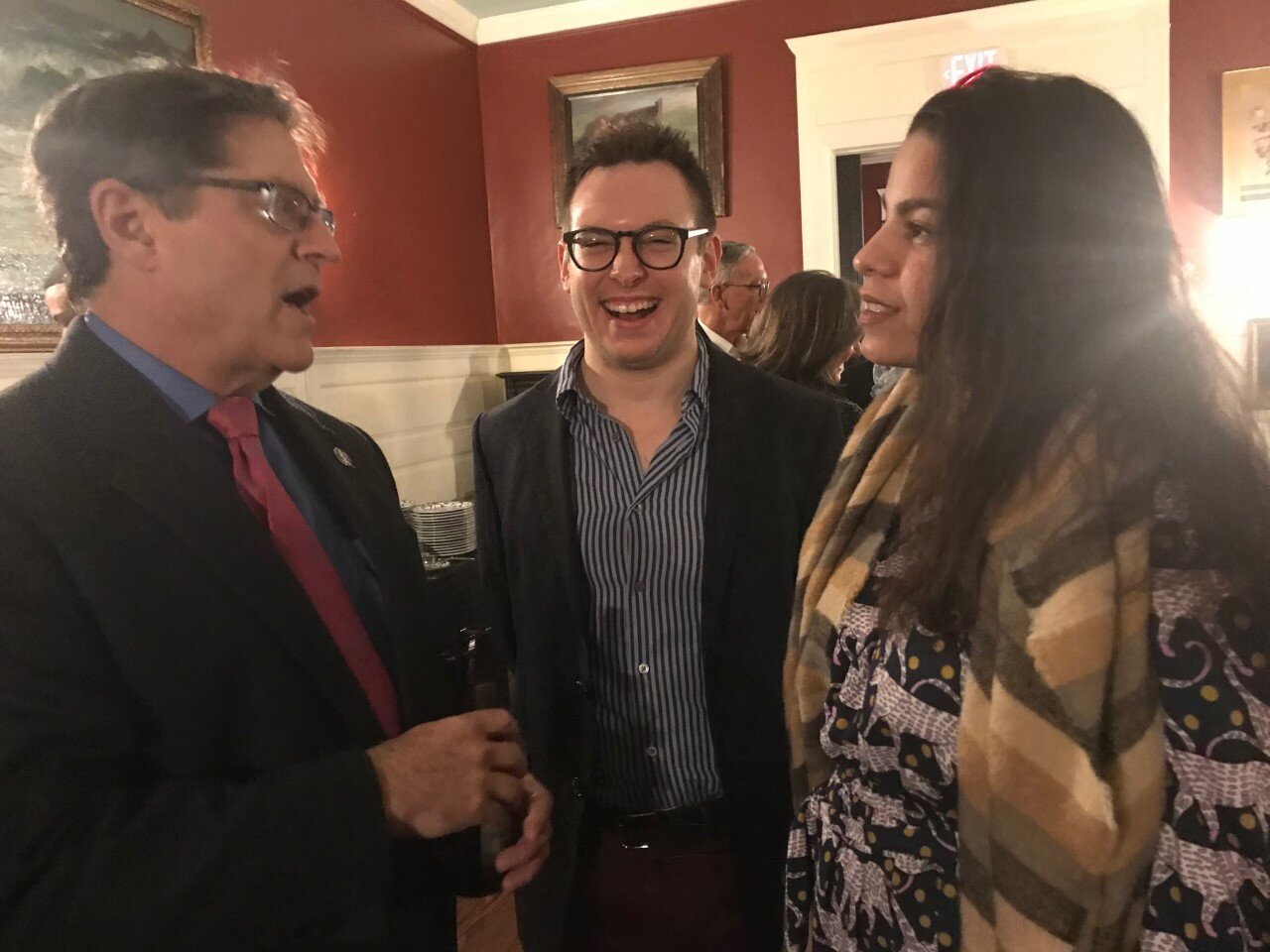
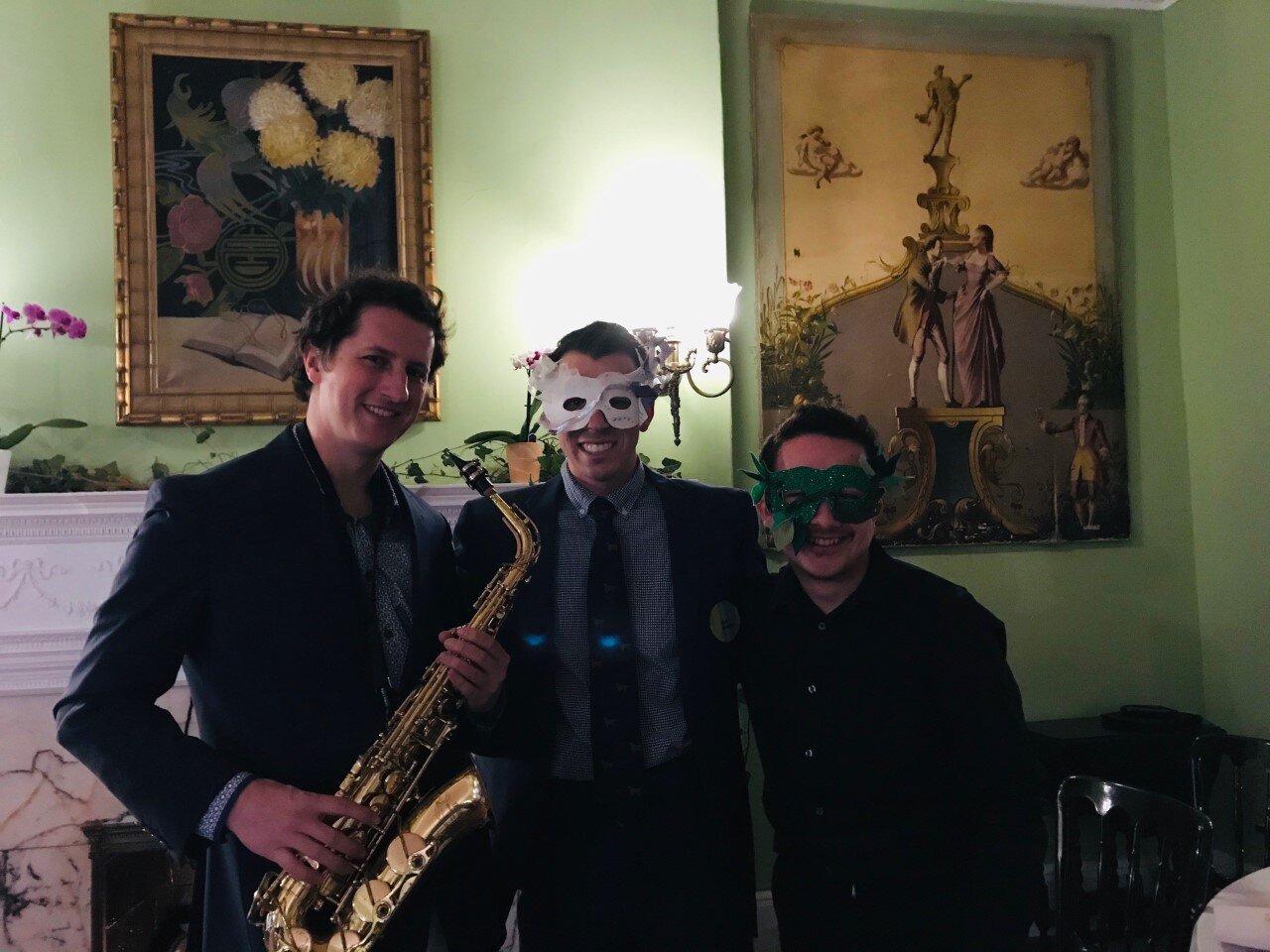
Alyson Myers (right) and Holden Harris (center) present the Fearless Fund plan January 29th 2020 for Phase Two to Erika Montague (left) of the Schmidt Marine Technology Partners at the annual DOE ARPA-E MARINER meeting in Washington, D.C.
The removal of Sargassum costs the Caribbean region yearly around 120 million US dollars, it is therefore not surprising that the region hosted several meetings dedicated to Sargassum in 2019. Fearless Fund attended these meetings to both stay current with the science and to start collaborations with local governments. The first international Sargassum conference and expo in Guadeloupe and the UNESCO IOCARIBE meeting in Aruba are two examples of where Fearless Fund was present in 2019.
Fearless Fund’s President Alyson Myers with the rest of the U.S. delegation at the 2019 UNESCO IOCARIBE meeting in Aruba (left) and discussing the Sargassum problem with Mexico’s head of the NAVY (right).
Climate marchers coincide with Senate meetings on Sargassum in October 2019.
Mexican Senator Beatriz Paredes Rangel (L) discusses solutions with Fearless Fund President Alyson Myers October 2019 in Mexico City after the team’s presentation.
Fearless in Gulf
Fearless Fund team launches first research vessel in Gulf of Mexico for work with DOE ARPA-E to test marine algae for energy conversion. #Sustainability #GulfofMexico #renewable #Innovation #DOE #Energy #science #algae
Department of Energy Announces 18 New Projects to Accelerate Production of Macroalgae for Energy and Other Uses
Fearless Fund – Washington, DC. Ocean Energy from Macroalgae (OEM): Ranching Sargassum (Category I) – $500,000
The Fearless Fund team will develop a new system to enable large-scale seaweed “ranching” using remote sensing and imaging technologies to monitor free-floating, low-impact Sargassum cultivation designed to mimic naturally occurring seaweed mats found in nature. Free-floating farms decouple biomass production from costly, capital-intensive infrastructure and present opportunities to scale production in the Gulf of Mexico and Caribbean Sea. Working along the Texas/Louisiana coastline, the team will use satellite technology and computational modeling to seed, monitor, and harvest Sargassum biomass over a three-month cultivation cycle. By leveraging the wealth of data generated from a suite of sensors, the team seeks to achieve largescale farming without the need for capital-intensive infrastructure.
The full list of MARINER projects can be found here.
